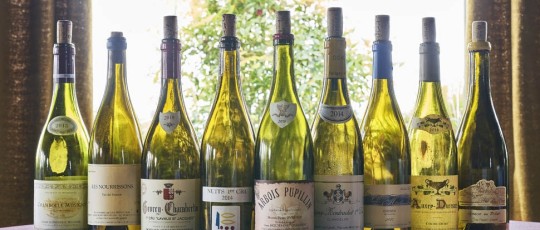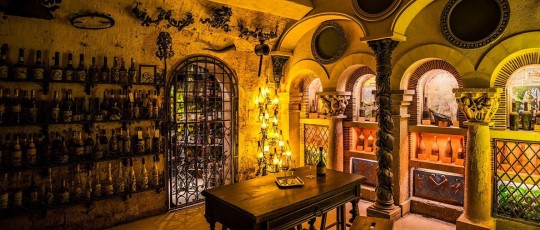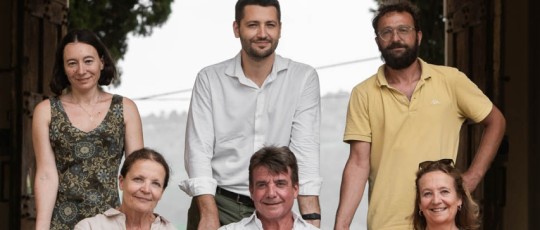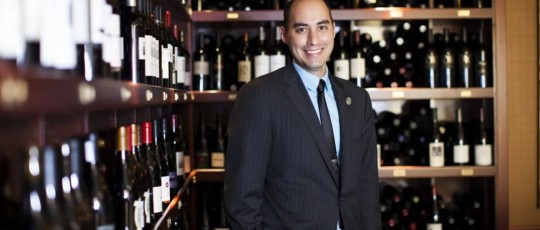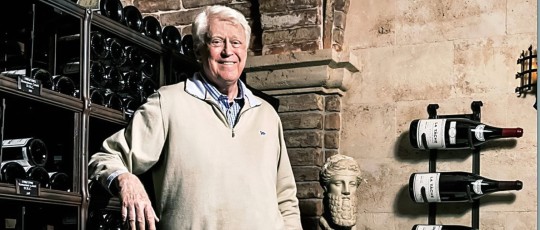Against the cliché of Argentine wine that is all wood and no nuances (“just Malbec, tango and asado”), the great sommelier urges producers to cultivate the subversive power of identity, and colleagues to never compromise, in order to profitably enter the global marketplace in synergy.
The sommelier
Twice president of the Argentine Association of Sommeliers, a graduate of the Escuela Argentina de Vinos and of the Court of Master Sommeliers, a versatile lecturer and communicator, Matias Prezioso is one of the most influential voices in the new world of wine, gifted with a vision that is always fitting and original.
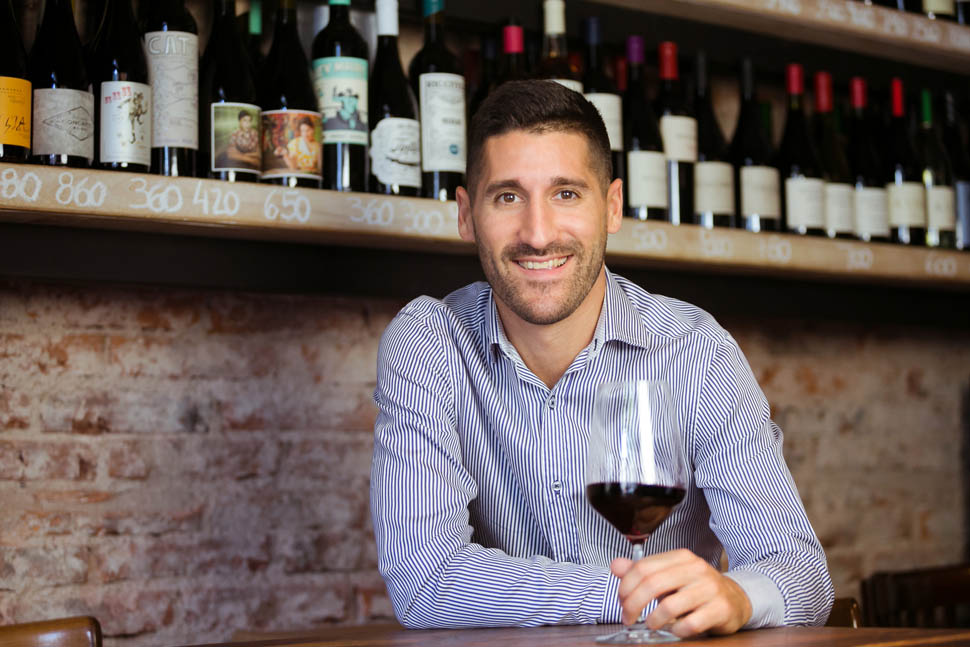
For example, in a recent interview with Siete Canibales, he said he disagrees with those who argue that wine communication should be “dumbed down.” "The great sommeliers and wine connoisseurs I have met, know how to communicate complexity with common words, but this does not mean simplifying. Wine is about subjectivity, and in certain concepts, one has to go deep. These are arguments that have been going on for many years. I don't totally disagree, but I think the way of communicating wine fifteen years ago was very different from the way it is today. Then there were fifteen wineries that acted in a certain way, while it was necessary to do it differently. On the other hand, those who communicated wine were not sommeliers with solid technical knowledge. The maturity of Argentine wine production meant that everyone had to become professional. Today, subtle differences have emerged that require deeper communication. Otherwise it's just drinking Malbec with tango and asado."

Commercial director of Wine Idea, in 2019 Prezioso founded Vinescence, a company that wants to help producers with exports. "I think wine is different from other businesses. You can look at it from the product side or the market side, but if I look at finesse and emotion, I think it doesn't quite fit into the logic of capitalism. As much as it has to sell, it exerts a kind of resistance, the marketing aspect cannot be more important than the product itself. In that sense, it retains a certain romanticism, when you scratch there has to be something, not emptiness. If you look at producers who really excite, they often don't have websites or Instagram, and that's something powerful."
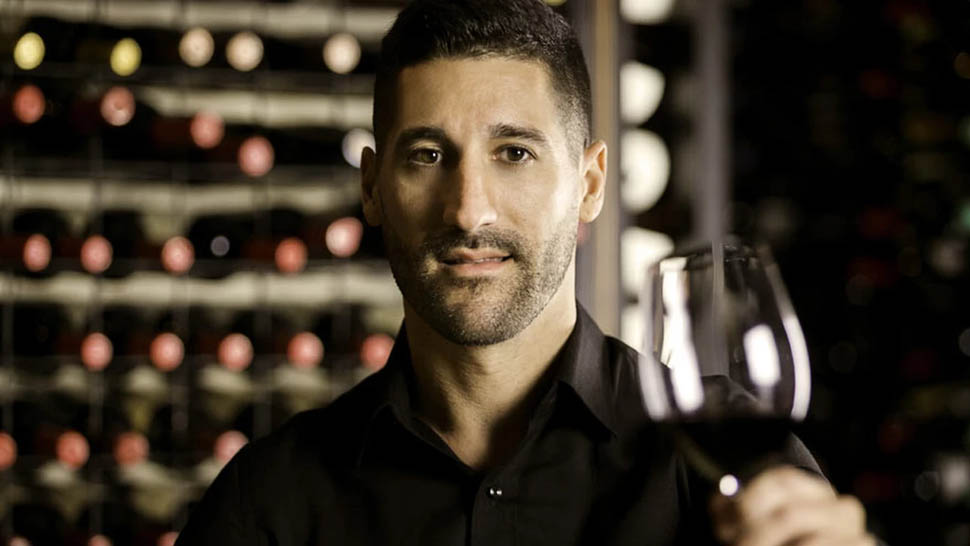
Wines capable of emotion, Prezioso insists, cannot be globalized, tied as they are to the land and the producer. And while Argentine production has grown dramatically in the last 15 years, in fact imports have stalled, which is good for the domestic market, but bad for the lack of comparison and flattening, so that anyone can pass off as novelty the release of a possibly flawed orange. Moreover, much of the production remains anchored in the cliché of structure and wood. Rather, the producer must be made to understand the importance of identity, which allows for lasting business. Starting with native grape varieties, which have made great areas such as Galicia, Sicily, Georgia and Itata in Chile.
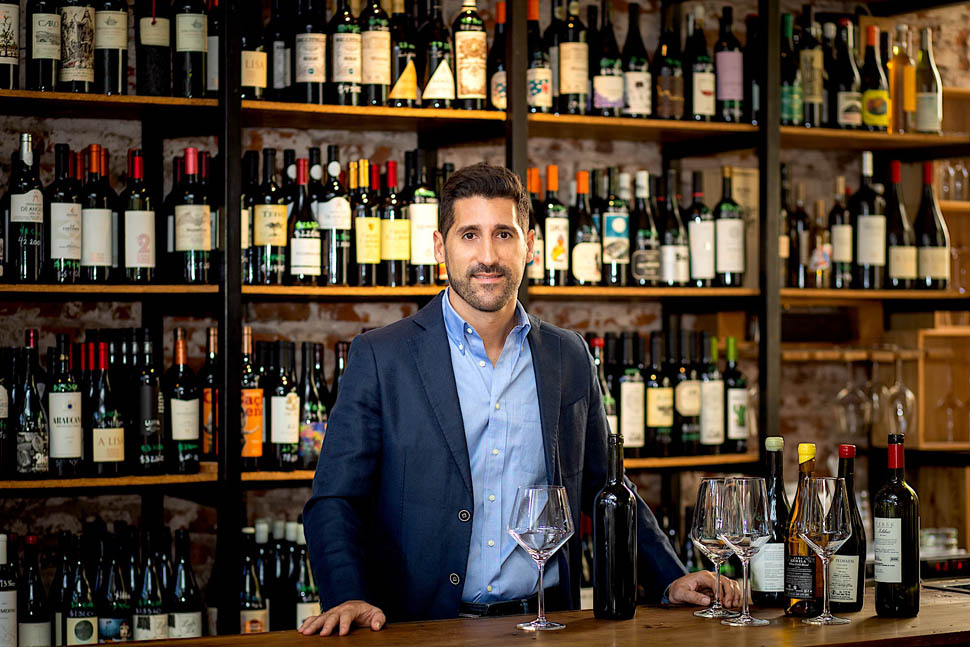
Malbec, for example, is the flagship of Argentine wine, yet the world ignores it: it lacks the freshness that today's market seeks. It probably suffers from a lack of “unicorns,” as Prezioso calls producers catapulted into success by word of mouth among critics, poor production or successful innovation. Someone is desperately needed to raise the price range from the current $12-20 to $25-30, and beyond. But to help producers disengage, the sommelier must be a free, critical and independent spirit.


